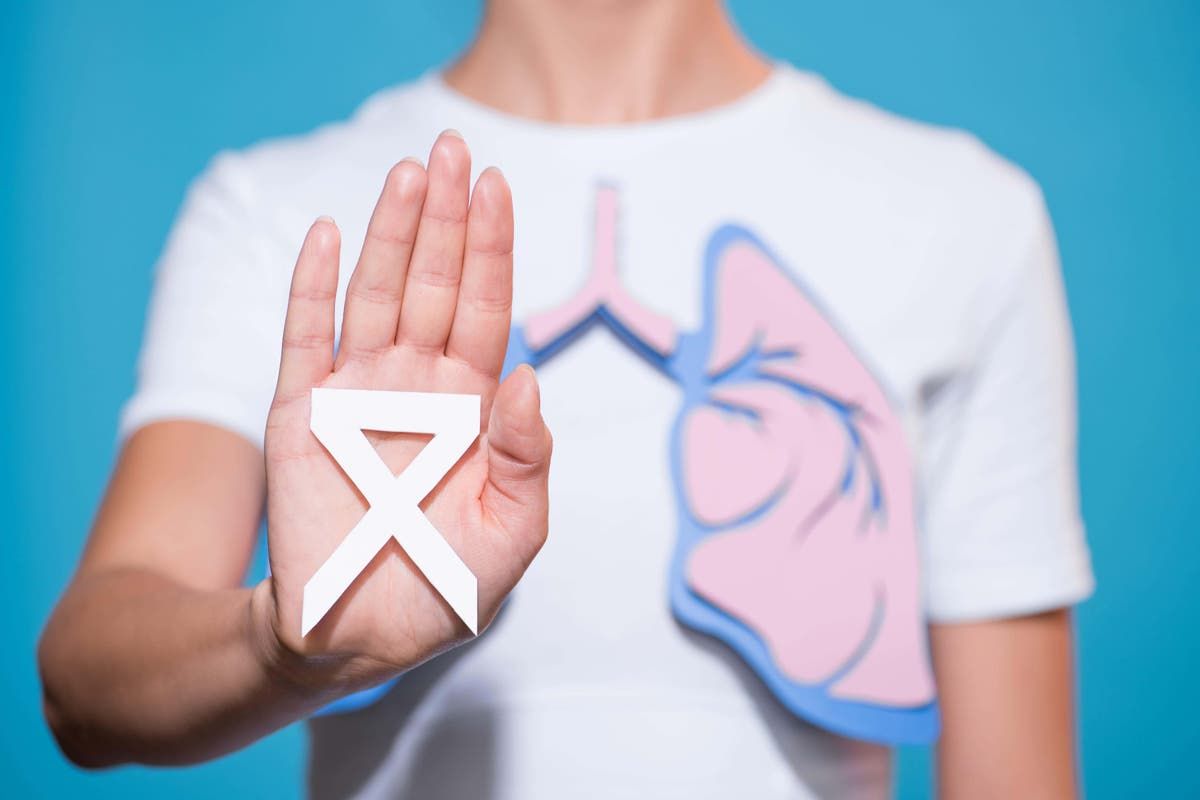Truly support
independent journalism
Our mission is to provide unbiased, fact-based reporting that holds the powerful to account and exposes the truth.
Whether it's $5 or $50, every contribution counts.
Support us in offering journalism without agenda.
Excitement is mounting as a new vaccine designed to prime the immune system to recognise and fight lung cancer is being tested for the first time in UK patients.
Researchers leading the trial have said BioNTech's BNT116 vaccine could improve survival rates among people with the disease and hope it could eventually become the standard of care worldwide.
It works by presenting the immune system with tumor markers for non-small cell lung cancer, the most common form of the disease, to prepare the body to fight cancer cells that express these markers.
But what is lung cancer and what warning signs should we look out for?
What is lung cancer and what causes it?
“Lung cancer is a disease that occurs when cells in the lungs grow out of control,” explains Rachel Rawson, a senior oncology nurse at the Perci Health virtual cancer clinic. “Cancer that starts in the lungs is called primary lung cancer. Cancer that spreads to the lungs from another part of the body is known as secondary lung cancer.”
Smoking is the main cause of lung cancer, but you can get it even if you've never smoked.
“Cigarette smoking is the biggest risk factor for lung cancer, accounting for more than seven out of 10 cases,” Rawson said. “Frequent exposure to other people’s tobacco smoke (passive smoking) can also increase the risk of developing lung cancer.”
Dr Brian O'Connor, consultant in respiratory medicine at Cromwell Hospital, adds: “The risk of lung cancer is related to how much you smoke, how long you have been smoking and when you started smoking.”
The consultant also explained that although lung cancer is much more common in adults over 65, it is still possible to develop lung cancer at an earlier age.
“This common mistake could mean that young people are less likely to get screened or seek medical help for symptoms,” O'Connor explains.
What are the main warning signs we should pay attention to?
Dr Rachel Orritt, health information manager at Cancer Research UK, encourages anyone experiencing any of the following symptoms to contact their local GP, just to be safe.
Persistent cough
“It could be a cough that doesn’t go away or doesn’t respond to treatment,” Orritt says. “It could also be a change or worsening of a cough you’ve had for a while.”
To run out of breath
“This could be feeling short of breath when doing activities you used to be able to do without problems, or having other difficulties breathing,” says Orritt.
Coughing up blood
Even if it's just a small amount of blood in your phlegm, don't ignore it.
Aches and pains
Another common symptom of lung cancer is unexplained chest or shoulder pain, Orritt adds.
Infections
If you have a chest infection that keeps coming back and doesn't get better with treatment, see your GP.
Losing appetite
Losing your appetite is often a good indicator that something is wrong internally.
Fatigue
“This could be fatigue that doesn’t go away with rest, or feeling tired when doing activities you used to be able to do without a problem,” Orritt says.
Lose weight
Losing weight without changing your eating patterns or activity levels is another red flag.
“It can be tempting to attribute changes to aging or another health problem,” says Orritt. “But it’s important to check with your doctor if you notice something that isn’t normal for you or that doesn’t go away.
“In most cases it won’t be cancer, but if it is, detecting it at an early stage can make a real difference.”












